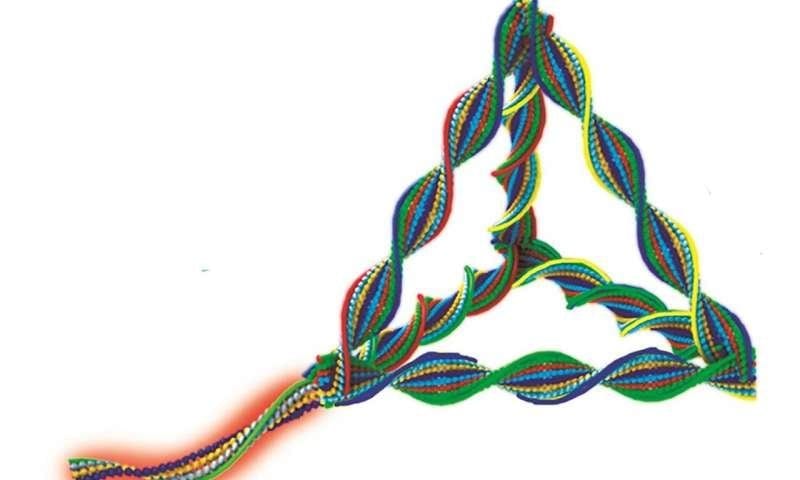
Hokkaido University is one of the national universities of Japan.
The Latest Bing News on:
Hokkaido University Research
- Asteroid Ryugu holds clues about bombardment in the early solar system
A recent study examined the effects of space weathering on Ryugu, an asteroid explored by the Hayabusa2 spacecraft.
- First fetus-to-fetus transplant demonstrated in rats
The tissue developed into functioning kidneys and produced urine.
- Reusing Sewage Sludge Ash for Phosphorus Fertilizer
Chemical engineers from Hokkaido University's Center for Advanced Research of Energy and Materials have developed a technique to recover phosphorous from sewage sludge by heat treatment and chemical ...
- Probing the effects of interplanetary space on asteroid Ryugu
Samples reveal evidence of changes experienced by the surface of asteroid Ryugu, some probably due to micrometeoroid bombardment.
- Taking geographical luck out of emergency care with AI
While the benefits of AI in medicine have been touted for years, our ongoing research at Johns Hopkins University shows that the revolutionary potential of generative AI with Vision capabilities – not ...
The Latest Bing News on:
Hokkaido University Discovery
- Asteroid Ryugu holds clues about bombardment in the early solar system
A recent study examined the effects of space weathering on Ryugu, an asteroid explored by the Hayabusa2 spacecraft.
- Rare theropod fossils found in Hokkaido, likely ancestor of birds
Fossil collector Yoshiyuki Horita, a resident of Mukawa, made the discovery along a river ... professor of vertebrate paleontology at Hokkaido University, to examine the fossils.
- Smaller, thinner drift ice around Hokkaido expected by 2050
A study by Hokkaido University researchers has shown that floating ice in the Sea of Okhotsk is not only dwindling in terms of coverage area, but has also lost 30 percent of its thickness across a ...
- Antarctic ice shelves are melting faster due to ocean currents
A new discovery that challenges the long-held understanding ... “Our findings challenge conventional wisdom,” explained Yoshihiro Nakayama from Hokkaido University. By integrating this information, ...
- Lipids With Potential Health Benefits Found in Herbal Teas
Researchers at Hokkaido University, led by Associate Professor Siddabasave ... which are essential metabolites for maintaining gut health. “The discovery of these novel SFAHFAs opens new avenues for ...








